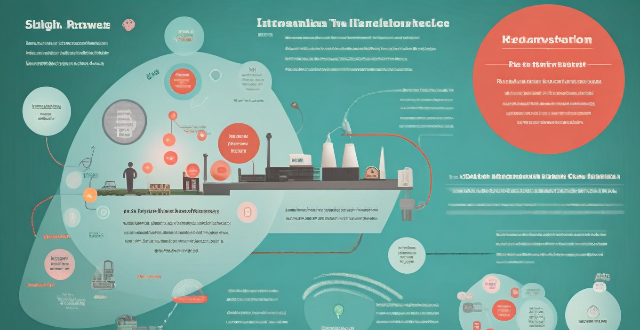Individuals can contribute to global climate objectives by adopting sustainable lifestyle choices, making eco-friendly transportation decisions, reducing meat consumption, minimizing waste, engaging in advocacy and education, and making green investments and purchases. These actions can significantly reduce carbon footprints and collectively lead to substantial change.

How Can Individuals Contribute to Achieving Global Climate Objectives?
Achieving global climate objectives is a monumental task that requires concerted efforts from individuals, communities, governments, and international organizations. While the scale of action needed may seem daunting, there are numerous ways in which individuals can contribute to this collective endeavor. Here's a detailed look at some practical steps individuals can take:
Adopting Sustainable Lifestyle Choices
Reduce Energy Consumption
- Turn off lights and unplug electronics when not in use.
- Use energy-efficient appliances and light bulbs.
- Optimize home insulation to reduce heating and cooling needs.
Use Renewable Energy Sources
- Install solar panels or wind turbines for home energy.
- Support renewable energy projects through your energy provider.
Reduce Water Usage
- Fix leaks promptly.
- Use water-saving fixtures like low-flow showerheads and toilets.
- Collect rainwater for gardening and outdoor use.
Transportation
Drive Less, Walk or Bike More
- Choose public transport, carpooling, cycling, or walking over driving alone.
- Plan errands to minimize trips and avoid peak traffic times.
Use Fuel-Efficient Vehicles
- Consider electric or hybrid cars for reduced emissions.
- Maintain your vehicle for optimal fuel efficiency.
Diet and Consumption
Reduce Meat Consumption
- Adopt a plant-rich diet; meat production is a significant contributor to greenhouse gases.
- Try Meatless Mondays or other reduction strategies.
Buy Local and Seasonal Foods
- Support local farmers to reduce transportation emissions from food delivery.
- Eat fruits and vegetables that are in season for lower environmental impact.
Minimize Waste
- Compost organic waste.
- Buy products with minimal packaging and recycle whenever possible.
Waste Management
Reuse and Recycle
- Repair items instead of replacing them.
- Sell or donate items you no longer need.
- Participate in local recycling programs.
Support Circular Economy
- Buy recycled products.
- Support businesses that adopt circular economy principles.
Advocacy and Education
Raise Awareness
- Educate yourself and others about climate change and its implications.
- Share information on social media and in conversations with friends and family.
Engage in Community Actions
- Join local environmental groups or initiatives.
- Attend meetings and voice your support for sustainable policies.
Vote with Climate in Mind
- Support politicians and policies that prioritize climate action.
- Vote for candidates who have a strong record on environmental issues.
Investments and Purchases
Green Your Finances
- Invest in companies committed to sustainability.
- Avoid investing in fossil fuel industries.
Eco-friendly Shopping
- Choose products with eco-labels like Energy Star or Fairtrade.
- Opt for products made from sustainable materials.
By taking these actions, individuals can significantly reduce their carbon footprint and contribute positively towards achieving global climate objectives. It's important to remember that every small step counts and collective action can lead to substantial change.